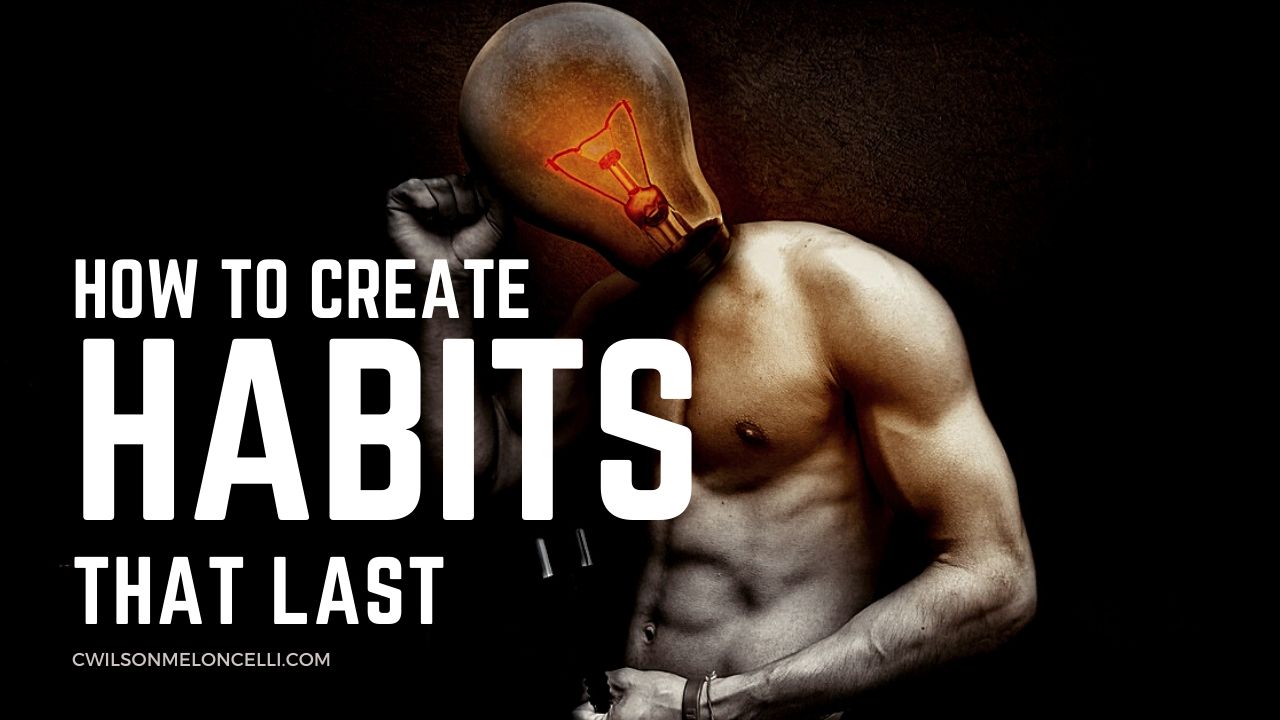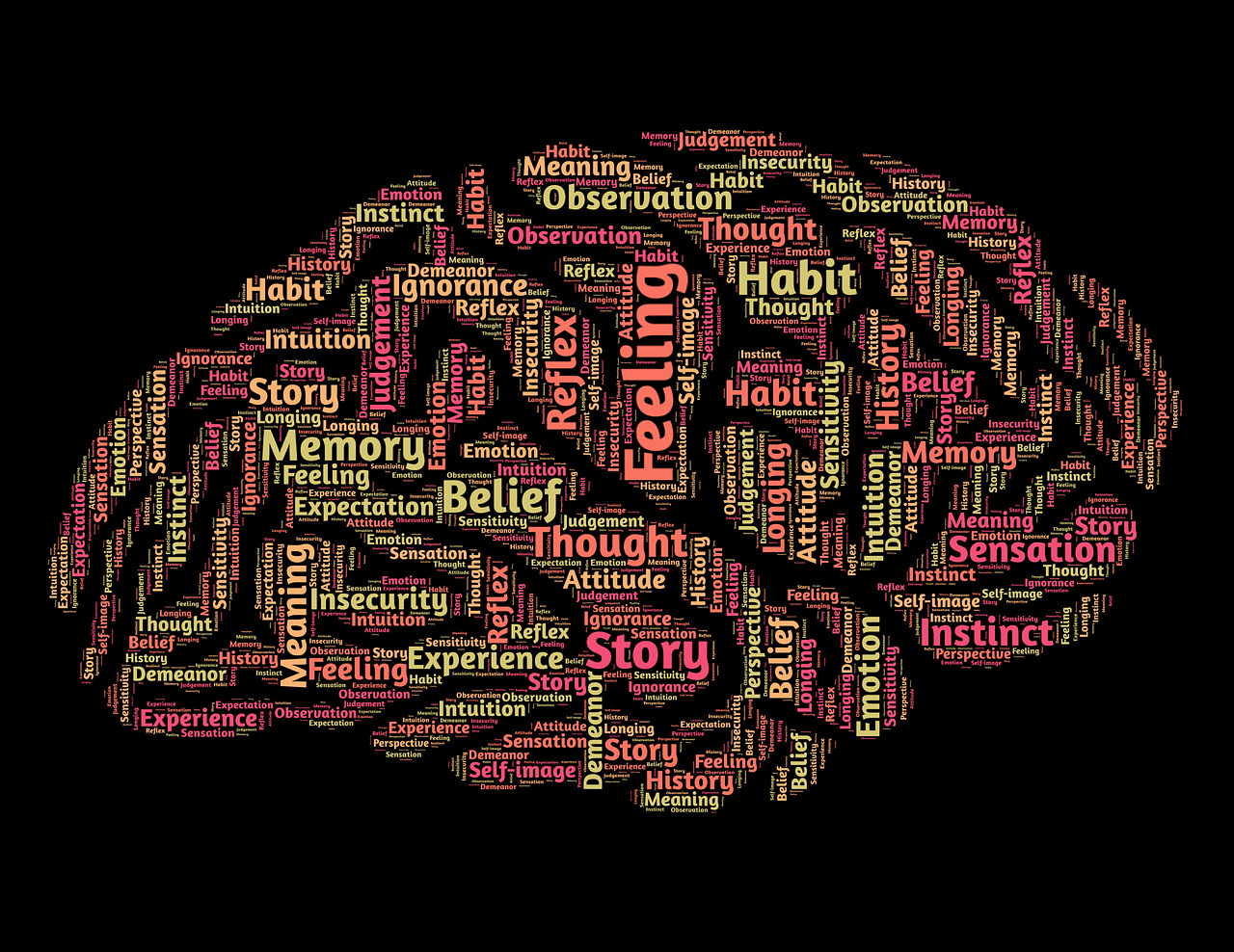
“It's not what we do once in a while that shapes our lives, but what we do consistently.”
— Tony Robbins
The internet is filled with tips, strategies, hacks and tactics to help you develop powerful habits.
“Habits” is a central theme in all the self-help literature.
Every successful person heavily stresses on the importance of developing good habits.
Why are habits so important? What’s the big deal?
Here’s the thing.
Our brains can be separated into two entities — the conscious brain and the subconscious brain.
(Of course the brain is far more complex, but for our purpose, this distinction is important)
Your conscious brain is what allows you to think long term, resist temptations, and do the rational decision making. It’s slow and deliberate.
On the other hand, your subconscious brain is instinctual and impulsive.
Now, there’s always a conscious part of you that wants to exercise, eat healthy and stop procrastinating.
But this part rarely wins.
Because your conscious brain tires easily. It demands a lot of energy.
And your brain loves efficiency. It does not like to waste energy.
The subconscious brain is fast and automatic.
That’s why the subconscious brain wins more often than not. And we give in to our cravings and temptations.
Now you know why change and growth is so difficult. You are fighting against billions of years of evolution.
But what if you could program healthy and powerful behaviours into your subconscious brain? So that the “difficult” things you want to do become effortless and automatic.
This is where habits come in. This is why habits are so important.
Repetition is the language of the subconscious brain.
When you repeat a behaviour enough times, your brain learns to automate the process.
Your neurons will figure out how to optimize the task at hand if you start doing it regularly, for they crave to turn things into habits for efficiency.
Without habits, you’ll always be fighting an uphill battle against the subconscious brain.
“If you want to predict where you’ll end up in life, all you have to do is follow the curve of tiny gains or tiny losses, and see how your daily choices will compound ten or twenty years down the line.”
— James Clear, Atomic Habits

How long does it take to convert a behaviour into habit?
Some say 21 days. Some say 66 days. None of those numbers are backed by exact science.
The reality is that it can take anywhere from 18 days to 254 days to build a habit.
On an average it takes more than two months before a new behavior becomes automatic. But I’d say 99 days sounds like a safe bet.
The actual duration of habit formation depends a lot on who you are, what you’re trying to do and your circumstances.
So don’t get caught up in the numbers, trying to figure out an exact duration after which the switch will flip to subconscious.
Look at building a habit as a process, not an event.
Once you learn how to execute and enjoy the process, success is inevitable.
But that’s the difficult part, right?
How to execute a behavior consistently?
When it comes to taking action, we have two strategies at our disposal — Motivation and Willpower.
Let’s take a look at each of them.
Motivation
Getting motivated dominates all the self-help content. But if you take a deeper look, you’ll realize that motivation is an extremely unreliable strategy for developing habits.
Motivation is unreliable because it’s based on how you feel and that’s the problem. Our feelings are fluid and unpredictable.
There are so many things that can alter your feelings: an event, depression, chemical fluctuations, hormones, sickness, beliefs, energy levels. The list is endless.
Motivation is not easy to cultivate on demand. And it’s hard to change your feelings by thinking.
Also, motivation is usually high when you’re starting something, but it starts declining very soon.
Because trying to form a habit is — by its very nature — a boring process. It’s repetitive. So it’s natural for enthusiasm to decline.
No wonder people give up on their new year resolutions after a few weeks.
I’m not saying that Motivation does not work. It can be incredibly helpful at times.
But everyone has off days. And the only way to build habits is consistent repetition.
So if you rely on motivation to build habits, you’ll keep getting off-tracked. Because at the end of the day you’re a human, not a robot.
We’re quick to blame ourselves for our failures, but slow to blame our strategies. And then we repeat them over and over, hoping they will somehow work.
Believing that you have to be motivated to act is a destructive habit. This is where willpower can save you.
Willpower
There’s no rule that says your feelings and actions always have to match. The idea that motivation precedes action can put you into a laziness spiral.
You always have the ability to make a conscious choice.
The ability to resist temptations.
The ability to forego instant gratifications for your long term goals.
The ability to do the right thing at the right time, whether you feel like it or not.
This ability is called willpower.
Using willpower you can schedule an activity and do it whether you are motivated at the time or not. This allows for consistency, which is how you can build habits that last.
Willpower is the superior strategy because it’s reliable and it can be strengthened.
How?
Let’s understand how willpower works.
Say, if you’re working… you’re focused and about to get in the flow state… but there’s a notification on your phone. And you have a strong urge to check your phone.
Or maybe it’s time for you to go to the gym, but you can choose to watch Netflix instead.
You need to exercise willpower to ignore that temptation.
When we exercise willpower, the brain launches a sequence of events called the pause-and-plan response. It starts with the detection of conflict (and possible future regret) in our brain.
Pause and plan is essentially the opposite of the body’s fight or flight response. Instead of speeding up, our body slows down. Breathing gets slower, and the body relaxes.
The goal is to put the body in a calm mode so that we will have mental clarity for thoughtful action.
If you can tap into the power of your will easily, forming habits become effortless.
I talk about how you can hack willpower in this article: How to Hack Willpower by Tuning into Your Heart Rate Variability
Your Heart Rate Variability (the variation in time interval between two consecutive heartbeats) is the biological signature of willpower and self-control.
Research shows that people with higher HRV are better at ignoring distractions, delaying gratification, and dealing with stressful situations. They are also less likely to give up on demanding tasks even if they initially fail or receive critical feedback.
So your first strategy should be to hack your willpower. (More about that at the bottom of the article.)

The Strategy of Tiny Habits
Your second strategy should be to make the “willpower cost” of your habit incredibly low. So that you can repeat the behavior even if your motivation is low and willpower is depleted.
For example, if you want to develop a meditation habit, set a daily goal of meditating for just 2 minutes. You can choose to continue beyond 2 minutes if you feel like it, but the 2-minute mark is success.
And set a cue for this habit. It could be just after brushing your teeth or before starting work or before going to sleep.
If you keep repeating this ridiculously easy behaviour, it will soon become a part of your subconscious.
Once you’ve got there, you can slowly increase the intensity of the habit. Or you can stack it with another habit.
This is the easy way to win at the game of life.
The ability to get into the flow state is also closely tied with the power of habit.
When you consistently train yourself to get in the flow state — the neural pathways associated with flow get stronger and stronger.
After one point, you can quickly access these neural pathways and get into the flow state at will.
Usually it takes years of practice to achieve that. But my training is geared towards helping you get there much faster.
I do that by helping you tune into your Heart Rate Variability, allowing you to develop the superpower of iron willpower.
To learn more about it, go here: Flow State Accelerator Package
References:
How are habits formed: Modelling habit formation in the real world
https://onlinelibrary.wiley.com/doi/abs/10.1002/ejsp.674
Heart Rate Variability as a Marker of Self-Regulation
Atomic Habits, James Clear
Mini Habits, Stephen Guise









